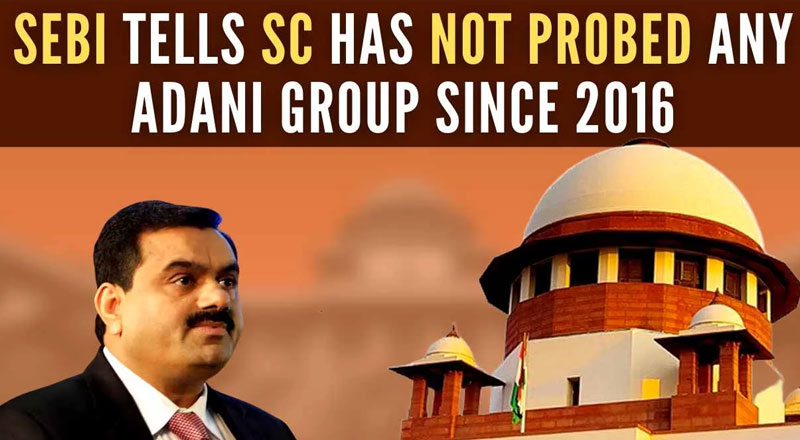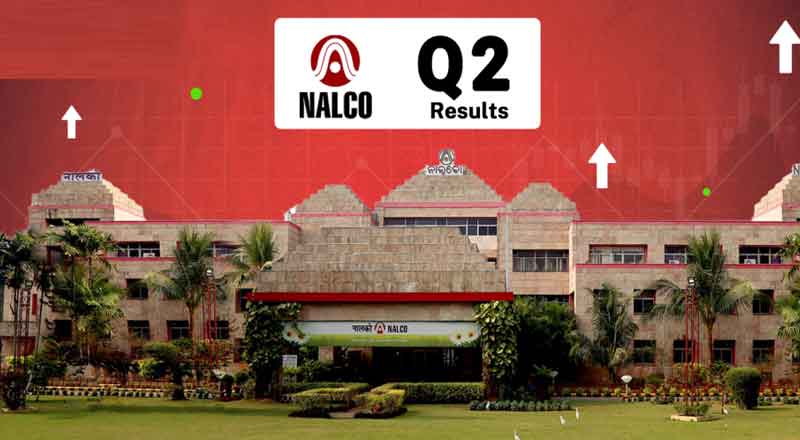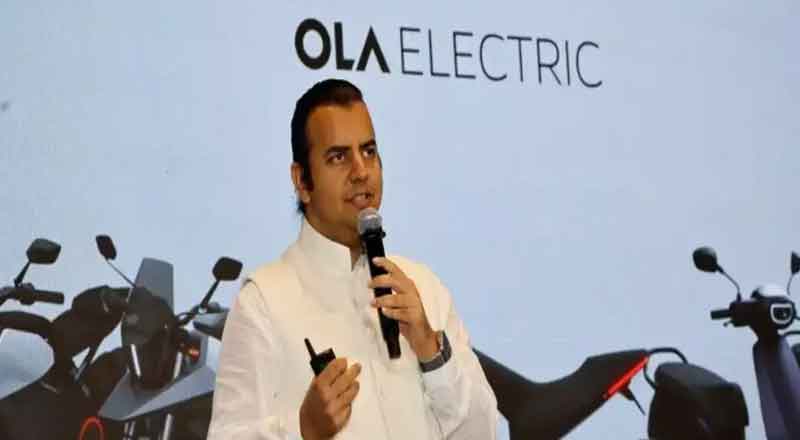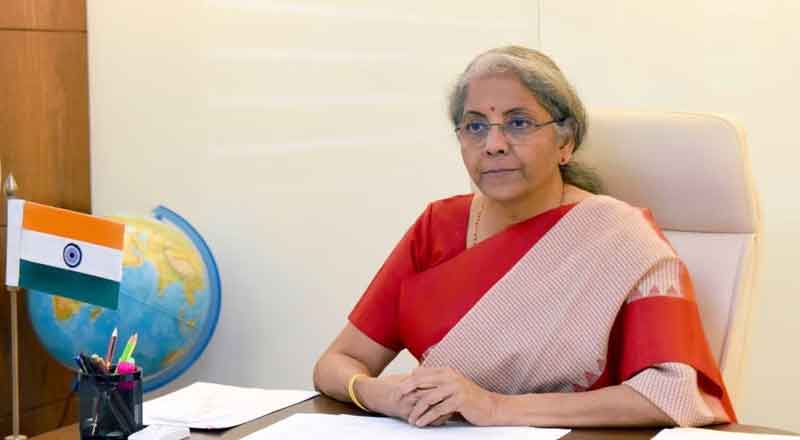SEBI or Securities and Exchange Board of India, in an affidavit, said that it had investigated the issuing of Global Depository Receipts of 51 companies and no listed company of the Adani Group was among these. SEBI was responding to a petition that had claimed that SEBI had been investigating the Adani group since 2016 and had opposed a six-month extension to the regulator’s probe.
In an affidavit, the market regulator told the court its previous investigation related to Global Depository Receipts was conducted against 51 Indian listed companies. However, no listed company of Adani Group was part of the said 51 companies.
Market regulator SEBI told the Supreme Court today that allegations that it has been investigating the Adani Group since 2016 are “factually baseless”. It also cautioned against “premature and wrong conclusions” in the case.
“Pursuant to the completion of investigation, appropriate enforcement actions were taken in this matter. Hence, the allegation that SEBI is investigating Adani since 2016 is factually baseless.”
SEBI also cautioned against a “premature conclusion” of the case, justifying its request for a six-month extension. “The application for extension of time filed by SEBI is meant to ensure carriage of justice keeping in mind the interest of investors and the securities market since any incorrect or premature conclusion of the case arrived at without full facts, the material on record would not serve the ends of justice and hence would be legally untenable,” said the regulator.
On March 2, the Supreme Court directed SEBI to investigate within two months any violations before and after the Hindenburg report on the Adani Group. Responding to petitions, the Supreme Court also appointed a panel of domain experts to look into India’s regulatory mechanism to protect investors. The panel submitted its report to the Supreme Court’s registrar earlier this week.
On April 29, three days before SEBI’s deadline, the regulator asked for six more months. SEBI’s lawyer said the matter involves cross-border jurisdictions, which will take time to process.
On Friday, the Supreme Court indicated that it may agree to a three-month extension.
(With the inputs from agencies)





